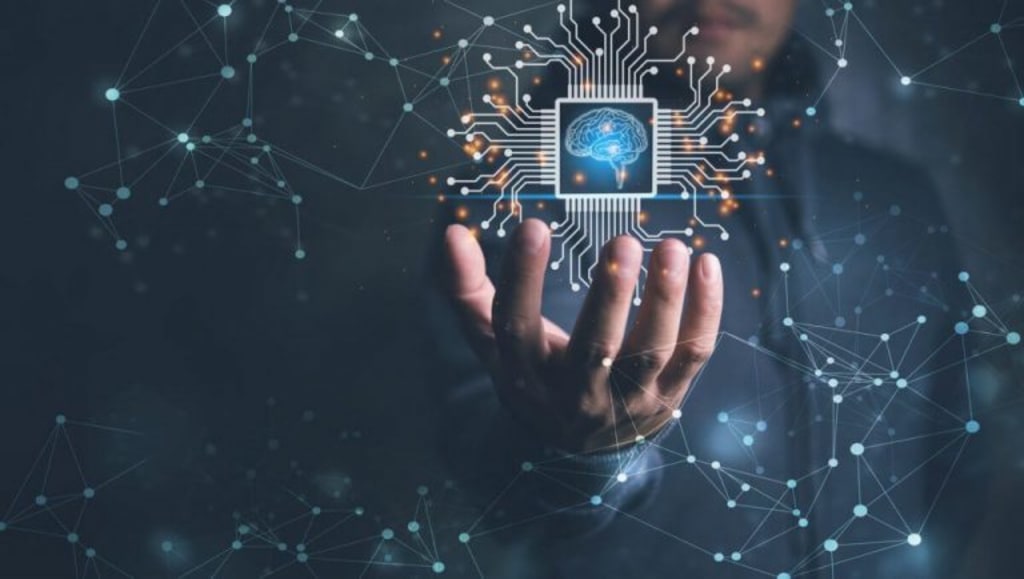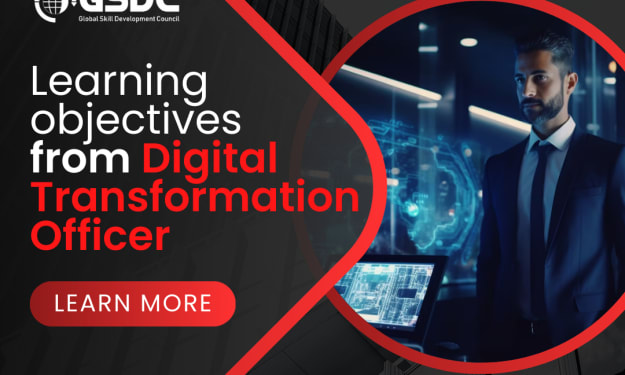"The Rise of Artificial Intelligence in Everyday Life: Exploring its Impact on Education, Healthcare, and Beyond
THE POWER OF AI

Artificial intelligence (AI) has rapidly emerged as a transformative technology that is revolutionizing various aspects of everyday life. From education to healthcare and beyond, AI is making significant strides, enhancing efficiency, and transforming industries in unprecedented ways. This article will delve into the rise of artificial intelligence in everyday life, exploring its impact on education, healthcare, and beyond.
AI in Education:Artificial intelligence is revolutionizing the education sector, offering new opportunities to enhance learning experiences and customize education for individuals. Here are some key areas where AI is making a profound impact:
a. Personalized Learning: AI-powered platforms can analyze vast amounts of data and adapt learning experiences based on individual student needs. Intelligent tutoring systems can provide personalized recommendations, identify knowledge gaps, and offer tailored content, allowing students to learn at their own pace.
b. Intelligent Assessment: AI algorithms can assess student performance more efficiently and accurately. Automated grading systems can analyze written assignments and provide immediate feedback, saving time for teachers and enabling timely intervention.
c. Virtual Assistants: AI-powered virtual assistants are becoming popular in classrooms. These assistants can answer students' questions, provide additional explanations, and facilitate interactive learning experiences.
. Administrative Efficiency: AI can streamline administrative tasks, such as scheduling, record-keeping, and data analysis, enabling educators to focus more on teaching and student engagement.
AI in Healthcare:Artificial intelligence is revolutionizing the healthcare industry, offering numerous benefits in patient care, diagnostics, and research. The following are some significant impacts of AI in healthcare:
. Medical Imaging and Diagnostics: AI algorithms can analyze medical images such as X-rays, MRIs, and CT scans with incredible accuracy. This assists radiologists in detecting abnormalities, aiding in early diagnosis and treatment planning.
b. Personalized Medicine: AI can analyze vast amounts of patient data, including medical records, genomic information, and lifestyle factors, to create personalized treatment plans. It can also predict disease outcomes and identify individuals at high risk, leading to proactive interventions.
c. Drug Discovery: AI-powered algorithms can accelerate the drug discovery process by analyzing large datasets and identifying potential drug candidates. This reduces the time and cost involved in developing new medications.
d. Remote Patient Monitoring: AI-enabled devices can monitor patients remotely, collecting real-time data on vital signs, symptoms, and medication adherence. This allows healthcare providers to deliver personalized care, improve patient outcomes, and reduce hospital readmissions.
AI in Everyday Life:Apart from education and healthcare, AI is permeating various aspects of everyday life, transforming industries and enhancing user experiences. Here are some notable examples:
a. Virtual Assistants and Chatbots: Virtual assistants like Siri, Alexa, and Google Assistant use AI algorithms to understand and respond to human queries. They can perform tasks, provide recommendations, and control smart home devices, making daily life more convenient.
b. E-commerce and Recommendations: AI-powered recommendation systems analyze user preferences, purchase history, and browsing behavior to suggest personalized products and services. This enhances the online shopping experience and improves customer satisfaction.
c. Transportation and Autonomous Vehicles: AI plays a crucial role in autonomous vehicles, enabling them to navigate, detect obstacles, and make decisions based on real-time data. Self-driving cars have the potential to enhance road safety, reduce congestion, and revolutionize transportation.
d. Smart Cities: AI technology is instrumental in creating smart cities by optimizing energy consumption, improving traffic management, and enhancing public safety. AI-powered systems analyze data from sensors and devices to optimize city operations and deliver efficient services.
Conclusion:The rise of artificial intelligence in everyday life has ushered in a new era of technological advancement, transforming various sectors and improving efficiency, productivity, and user experiences. In education, AI enables personalized learning and intelligent assessment, revolutionizing the way students acquire knowledge.





Comments
There are no comments for this story
Be the first to respond and start the conversation.